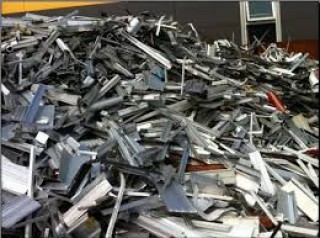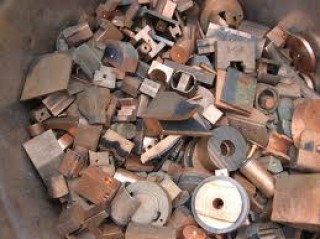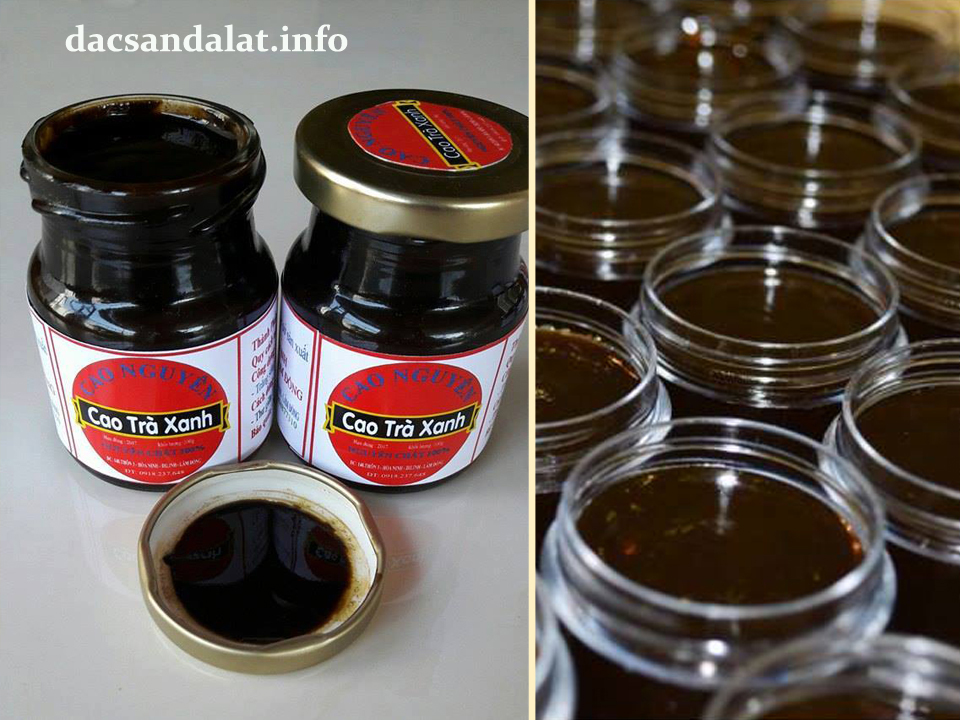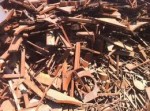Scrap shortage cuts refined copper output, boosting metal demand
A shortage of copper scrap is expected to cut China's production of refined metal by at least 100,000 tonnes this year, which could help shift the global refined copper market back into deficit in 2013 from a forecast small surplus.
Post date: 25-10-2014
5,593 view(s)
The unexpected shortfall of scrap -- the feedstock for about a third of China's copper output -- has already lead a number of Chinese smelters to cut production of refined copper, and forced some fabricators to turn to refined metal instead of scrap.
A return to a deficit would cushion international copper prices, which have fallen about 7 percent so far this year amid a sluggish global economy, and also encourage end-users to rebuild stockpiles.
"The copper scrap shortage will affect production in China this year, for sure," Wu Yuneng, vice president of Jiangxi Copper Company Ltd , the top refined metal producer in China, told Reuters in a recent interview.
Wu said China's 2013 refined copper output -- initially forecast by state-backed research firm Antaike to rise by 500,000 tonnes to 6.1 million tonnes -- may be flat.
CHANGING FORECASTS
More than 30 percent of total copper consumption in China comes from copper scrap, making the scrap material a vital part of supply and demand in the world's top producer and consumer of the metal.
The International Copper Study Group, an inter-governmental group, forecast the copper market will post its first surplus since 2009 this year, as new and expanded smelters across China and Africa come onstream.
However, announced cuts by smelters, including top producer Jiangxi Copper, Yantai Penghui Copper Industry Co Ltd and North Copper, totalled nearly 40,000 tonnes in the second quarter alone.
Unreported closures by others and reduced run-rates by smaller producers in the southern province of Guangdong, a key destination for scrap imports, means the impact is far greater.
"We may adjust down the growth of refined copper production this year by 100,000 tonnes," Yang Changhua, senior analyst at state-backed research firm Antaike said, adding that the scrap shortage was unlikely to improve for the rest of the year.
REDUCED SCRAP
The economic slowdown in developed nations has reduced the global supply of copper scrap, typically sourced from old buildings, used electrical cables and power generators, as new building has slowed.
Supplies were further hit in April after benchmark three-month LME copper prices hit their lowest in 1-1/2 years, falling below $6,800 a tonne.
Scrap supplies tend to dry up when copper prices fall, as merchants who bought the material at higher prices are unwilling to sell at a loss, while others hold on to the metal in hope of higher prices.
"Now the scrap traders won't sell, the Chinese are buyers and the market is empty. This is completely different from 3 months ago when there was scrap available at every corner with good discounts," said a senior LME trader in London.
A trader at an international trading house said the firm's supply of copper scrap had fallen 40-50 percent from January.
Copper scrap with more than 94 percent of the metal is selling at discount of about $150 to LME prices, down from over $200 in January, the trader said, adding that Chinese refined metal producers would make losses buying scrap at these prices.
Adding to the shortage, China's customs have stepped up checks on imports of scrap metal as part of a battle against pollution, prompting importers to reduce orders of low-grade scrap by a fifth and encouraging firms to hold on stocks.
Scrap sellers may increase selling if LME copper prices rise above $7,500 a tonne, trade sources said.
SWITCHING TO REFINED COPPER
Unplanned production cuts could force some refined copper producers in China to buy spot metal in the domestic market to make up for refined copper term shipments, traders said.
It is unclear how much refined copper would be used to replace scrap but Chinese fabricators, which use both refined metal and scrap to produce semi-finished or finished products and consumed scrap containing about 800,000 tonnes of copper last year, are switching to refined metal.
"We've switched to refined metal in April because of the shortage," said a Shanghai-based trader at an alloy producer. "Prices for refined metal and scrap are almost the same now."
Copper stocks monitored by Shanghai Futures Exchange CU-STX-SGH fell 21 percent from late March to 195,043 tonnes on Friday.
Jiangxi Copper's Wu said some of the firm's clients has stepped up purchases of refined copper to replace scrap.
In Europe, the scrap shortage has already boosted demand for refined metal, helping to double metal premiums to above $100 per tonne from February.
"People who have to feed their furnaces are looking for off-grade materials, or substitute for scrap. If they cannot get it, they usually go for grade A registered material," said the LME trader in London.
In the longer term, the prospect of a deficit market could encourage more buying and increase prices.
"If the market turns to a deficit, end-users will rebuild stocks of refined copper, boosting prices," said Jing Chuan, chief research at Citic Futures. "Demand in China has improved but end-users are still buying refined metal hand to mouth."
Relate News
- › Kiểm tra thực tế 100% phế liệu nhập khẩu
- › Lý do phải nhập giấy phế liệu?
- › Tái chế phế liệu là ngành góp phần đáng kế trong phục hồi nền kinh tế
- › Thu mua phế liệu xử lý rác thải
- › Buy scrap in the factory
- › How much scrap?
- › Recycled material in tphcm
- › POSCO posts highest profit in five quarters on low iron ore costs
- › Iron ore eyes first weekly fall since Sept, Chinese buyers cautious
- › U.S scrap copper trade fears defaults from China



















Send your comment